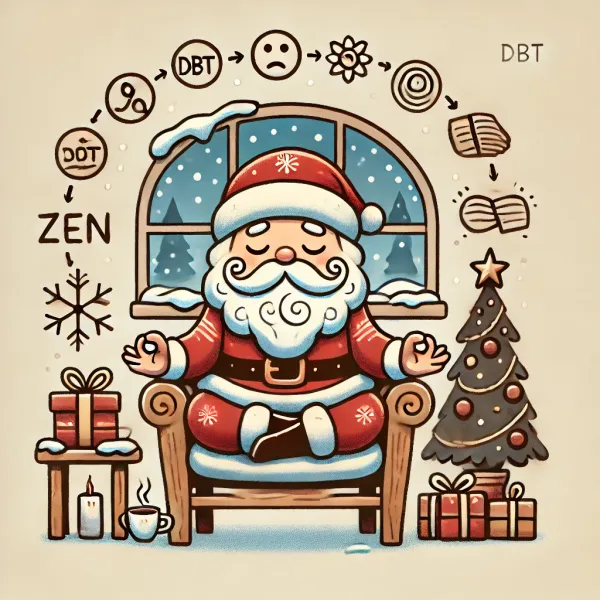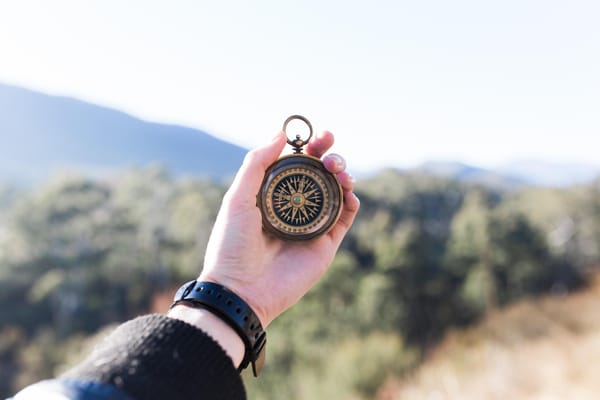When Your Parent Was Emotionally Immature: Why It Wasn’t Your Fault, and What to Do Now

🧠 Inspired by the book Adult Children of Emotionally Immature Parents by Lindsay C. Gibson, Psy.D
✨ Brought to you by Regulated Baddie: where we don’t shrink our stories, we reclaim them.
💔 If Your Deepest Needs Were Treated Like Too Much…
There’s a particular kind of ache that doesn’t show up in x-rays. The ache of being a child who needed comfort, connection, or just someone to notice… and got blank stares, irritated sighs, or emotional absence instead.
Emotionally immature parents often aren’t monsters. They may have fed you, picked you up from school, and even said “I love you.” But they were terrified of feelings, especially the big, messy, vulnerable ones.
If you grew up with that kind of fear in the air, you might’ve absorbed the message:
🧊 My feelings are dangerous. My needs are a burden. Better to shrink than to risk rejection.
That message doesn’t stay in childhood. It grows legs and walks with us into our adult relationships, our work lives, and our self-worth.
😶 Emotional Intimacy vs Emotional Loneliness
Let’s name the contrast plainly:
Emotional Intimacy = “You feel something? I want to know.”
💬 Parents who are emotionally attuned notice your moods. They welcome your sadness, your joy, your curiosity. Your inner world feels safe to share.
Emotional Loneliness = “You feel something? That’s inconvenient.”
🙄 Parents who are self-preoccupied ignore, dismiss, or even get angry at your feelings. They don’t see your inner world, and if they do, it makes them nervous or irritated.
As a child, you may have learned to perform calmness to avoid rocking the boat. But deep down, you still longed for someone to say:
“What you’re feeling matters. Let me sit with you in it.”
🧷 The Coping Strategy That Backfires
To survive emotional loneliness, many of us did something brilliant—and kind of tragic.
We convinced ourselves (and the world): “I don’t need much.”
We became the easy kid. The overachiever. The problem-solver. The one who copes independently and doesn’t ask for help.
But here’s the thing:
Shrinking your needs isn’t strength. It’s a survival strategy.
And it leaves a gap where connection could have been.
🚨 Fast-Tracked Adulthood: Growing Up Too Soon
When childhood felt empty, unsafe, or just… boringly lonely, it made sense to want out. Maybe you moved out early, started working, got into relationships, or became the caretaker before you ever had a chance to just be.
The logic was simple:
“If I’m already doing it all on my own, I might as well have the benefits of being grown.”
But fast-tracked adulthood can come with a cost.
Without time to develop slowly and safely, you may find yourself saying yes to the wrong people, struggling to spot red flags, or carrying the weight of adult decisions without the experience to back them up.
That’s not failure. That’s stolen time.
🧭 When You Don’t Trust Your Gut
If your feelings were ignored or mocked as a kid, you probably learned to trust other people’s certainty more than your own instincts.
And here’s where it gets tricky: people who seem confident aren’t always right. They’re just loud.
So you may have deferred to people who:
- Weren’t safe
- Didn’t love you well
- Made you small
You may have even started to believe that relationships are supposed to be exhausting.
That loyalty is measured by how much you tolerate.
That staying equals love.
But here’s a truth to sit with:
Vows and promises don’t fuel real relationships.
Mutual care does. So does effort, respect, and being met where you are.
😳 Fear of Feelings (aka: Affect Phobia)
When you were little, were you punished or shamed for crying? For being excited? For needing comfort?
If so, you might have developed something called affect phobia—a fear of having and showing feelings.
You may fear that if you start crying, you’ll never stop.
You may flinch when you feel too happy, like it’ll be taken away.
You may believe your feelings make you unsafe.
But here’s the thing. Feelings aren’t dangerous.
What happened around your feelings was.
🧩 The Healing Fantasy
Many of us carry a quiet hope:
That one day, someone will finally love us the way we always needed.
That’s not weakness. It’s your inner child, still holding out.
But sometimes, that fantasy gets in the way of real connection. We expect friends, partners, or even therapists to “fix” what our parents couldn’t.
No one can re-parent you for you.
But you can learn to re-parent yourself.
That includes:
- Feeling your feelings
- Letting comfort in (without guilt)
- Releasing loyalty to people who can’t meet you
- Learning to trust yourself again, piece by piece
🌀 Internalizers: Quiet but Hurting
Some of us coped by going inward. We became “internalizers”—the kids who were easy to neglect because we didn’t raise hell. But we weren’t okay.
We:
- Did the emotional work in relationships
- Anticipated other people’s moods
- Stayed calm on the outside, even when breaking on the inside
To stay connected to detached, unenthusiastic people, we became overly cheerful. We imagined them as kind and caring, even when they weren’t showing it.
That wasn’t delusion. That was survival.
But survival isn’t the same as connection.
And it’s okay to want more now.
🧼 Healing Means Letting Yourself Matter
Emotionally immature parents may have loved you. But they couldn’t grow the confidence and self-esteem they never had—and so they couldn’t give it to you either.
But you can. You’re already doing the work by being here.
Healing looks like:
- Letting yourself rest, without shame
- Asking for help, even if it feels unfamiliar
- Accepting care
- Learning to trust your own emotional signals
Neglecting yourself isn’t noble. It’s a wound.
Self-care isn’t indulgent. It’s a repair.
🧃 Stop Idealizing. Start Integrating.
One of the biggest healing moves is this:
Let go of the fantasy that your parent will become who you needed.
You don’t have to cut them off to tell the truth.
They had strengths. They had flaws.
You were impacted.
And you still get to grow.
If your childhood feels too big to swallow right now?
Chew slowly.
Take what you can.
Let it become something you can live with, not run from.
❤️🔥 Final Words from Regulated Baddie
You are not too sensitive.
You are not lazy for needing rest.
You are not high-maintenance.
You are a human being, with valid needs.
You were raised in an emotional drought.
And now, you’re learning to water your own garden.
Let that be your quiet revolution.
🖤 Kas




